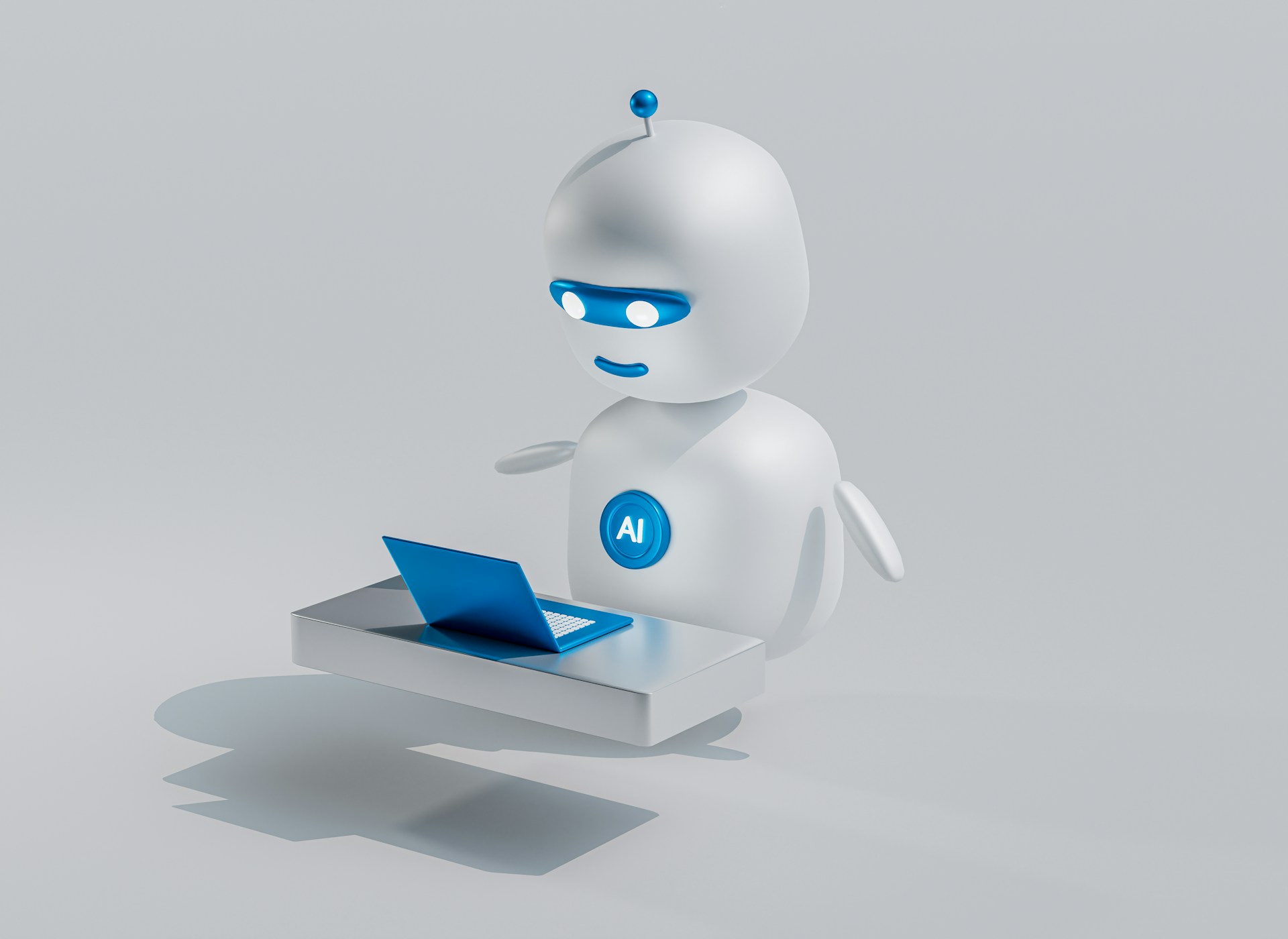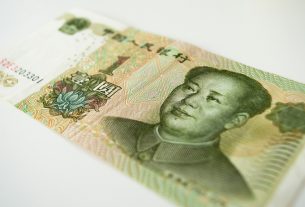Elon Musk has announced plans to build the world’s largest AI supercomputer for his startup, xAI, which will be powered by 100,000 high-performance chips. This announcement has already attracted significant investment interest.
According to a report by “The Information” on Saturday, Elon Musk intends to construct the largest supercomputer in the world for his AI startup, xAI. During a presentation to investors, Musk revealed that this high-tech computing facility, which he referred to as a “computing gigafactory,” is expected to be operational by autumn 2025. The supercomputer will be at least four times larger than those currently used by Meta for training its AI models. The primary application of this supercomputer will be for the next generation of the chatbot Grok.
Musk’s ambitious plans have been well received by investors. Following his presentation, xAI successfully raised $6 billion in fresh capital. Among the investors are venture capital firms Andreessen Horowitz and Sequoia Capital, as the company announced in a blog post on Sunday. The funds will be used to further develop the artificial intelligence Grok, which is offered to paying users on Musk’s social network X (formerly Twitter).
One of the beneficiaries of this project will be the chip manufacturer Nvidia. Musk plans to integrate 100,000 Nvidia H100 systems, each priced at over 30,000 euros, for the new supercomputer. These chips are specifically designed for AI applications and are used by many companies in their data centres. However, procuring such a large quantity of these chips may pose a challenge. Recently, Nvidia announced the successor model, the B200.
A Balancing Act with AI
Elon Musk founded xAI, which stands for Artificial Intelligence, in July 2023. He recruited talent from OpenAI, Google, and the University of Toronto, hoping to leverage the AI technology developed at xAI for his other ventures.
Musk was one of the co-founders of OpenAI in 2015 but left the organisation three years later. In March, Musk filed a lawsuit against OpenAI, criticising its commercial orientation. He argued that OpenAI was initially intended to be a non-profit organisation, but it has since become a profit-driven subsidiary of the software giant Microsoft, the developer of the ChatGPT chatbot.



